In the world of music, the ability of tying ligature wire is a must-have for any instrumentalist. This easy technique requires that the wire wrap be wound around the neck of a wind instrument securely; when done correctly, it can effectively keep your instrument functioning optimally as well as providing the best possible sound. By learning the skill of ligature wire tying, you can make sure your instrument remains in pristine condition.
To ensure the maximum amount of accuracy when tying ligature wire, you must first choose the correct type of wire for your instrument. A variety of wires are available for different instruments, so it is crucial to select the ideal one. Afterward, you can proceed with the necessary steps to successfully tie the ligature wire.
To begin, grip the ligature wire in your non-dominant hand, leaving a few inches of give in the line for maneuverability. Subsequently, wind it around the neck of the instrument following a clockwise route. Ensure that it is securely wrapped but not excessively so that it may be easily detached. After a few rotations around the neck, start tying the two ends together.
With both hands, cross the ends of the wire together until they overlap. Give the heads a good wrap several times to create a loop. Now, take the shorter end of the wire and wind it around the longer section. Pass the wire ends through the loop to finish with a sound knot.
Once securely bound, you can then pull the wire into a sufficiently taut state without interfering with the reed’s range of movement – cut off any remainder that’s not needed and your task is accomplished.
Maintaining your instrument is easy with a little practice in tying the right ligature wire. Choose the appropriate kind of wire and make certain it’s properly affixed for the superior sound quality you desire. You’ll be an expert in no time with the right technique, ensuring your instrument is always in pristine condition.
Securing instruments like archwires, brackets, and elastics is a relatively basic process that almost anyone can achieve. Ligature wire is a vital tool in achieving successful orthodontic treatment, so it is essential to tie it securely. Below are the detailed steps on how to properly form and secure the ligature wire.
To begin, it is paramount to acquire all necessities for the task at hand. This involves obtaining ligature wire, a pair of pliers, and a set of scissors. Of the utmost importance is to select pliers that fit the project correctly. Afterward, measure the amount of ligature wire required and cut it with the scissors, keeping in mind to discard of anything superfluous.
Once prepped with materials and length-Adjusted wire, the ligation process is ready to begin. Secure one end to the bracket using pliers and slowly wind it around, avoiding excess strain.
In order to affix the wire securely, you will have to fashion an adjustable hoop with the left side of the wire. Standing firm with the pliers, give a half turn to the wire, forming a loop which should be in proportion to the size of the bracket it will tie around. Create a loop that is just wide enough!
Taking the wire, you’ll notice one end has been bent into a loop – this portion of the wire gets slid firmly into the bracket. Ensure it has been tucked away completely. You can use a pair of pliers to ensure the wire is fastened to the bracket; carefully tighten it up to secure.
Once the ligature wire is fastened onto the bracket, it’s time to secure it with a knot. Take the loose end and create a small loop, then slide it completely into the bracket. Checking that it is in position is essential, so make sure that the wire is fully inserted into its place.
To give your ligature wire the knot-free security it needs, the final step is to utilize the pliers. First, twist the wire into a loop around itself—a tight, coil-like circle that won’t easily unravel—then attach it to the bracket to provide a secure hold. With everything securely in place, your ligature wire is now ready for use.
In closing, creating a secure tie with ligature wire is actually quite straightforward. All you need are the materials and a few steps and you can quickly bind the wire. It’s essential to accurately measure your wire and fasten it tightly before using it. You’ll have confidence in your ligation methods with a bit of practice.
Related Product

Twister Tool
Handle Twister tool,plastic handle: Weight: 0.4kg Color: Black, blue,yellow ,red etc Material: Carbon Steel Plastic Handle Wire Tie / Tying Hook Tool Twister Wooden Handle […]
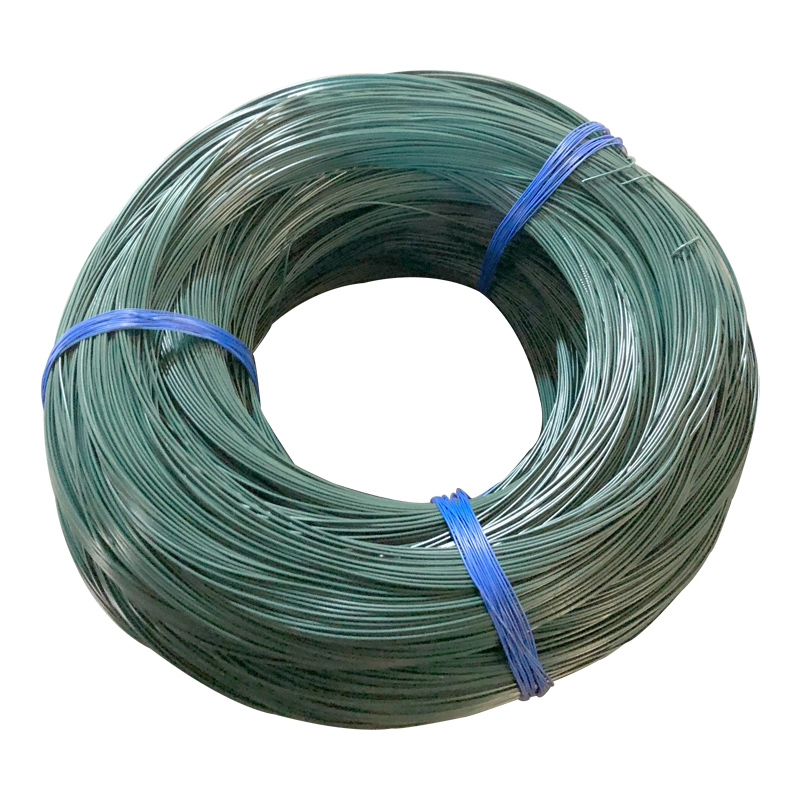
PVC Coated Wire
PVC coated wire, also called plastic coated wire, after high temperature dissolution cooled solid PVC particles uniformly wrapped in high-quality black iron wire and galvanized wi […]

Black Annealed Wire
Product Description: Product name Black Annealed Wire MOQ: No Material Q195,Q235 Delivery time: 20days after payment Surface annealed or as your request Payment terms: T/T,L/C We […]
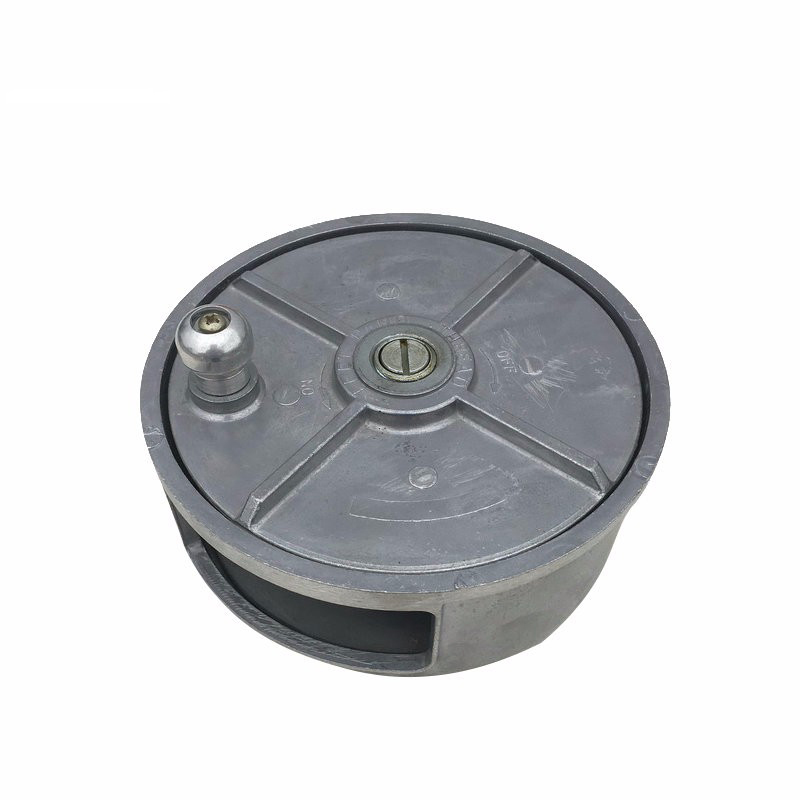
Reel Wire Tool
Product information: Specification of Aluminum Tie Wire Reel Material Plastic & Aluminum Weight 1.95LBS Application Binding Wire MOQ 1000pcs Sample Free Package 5PCS/CARTON &nb […]
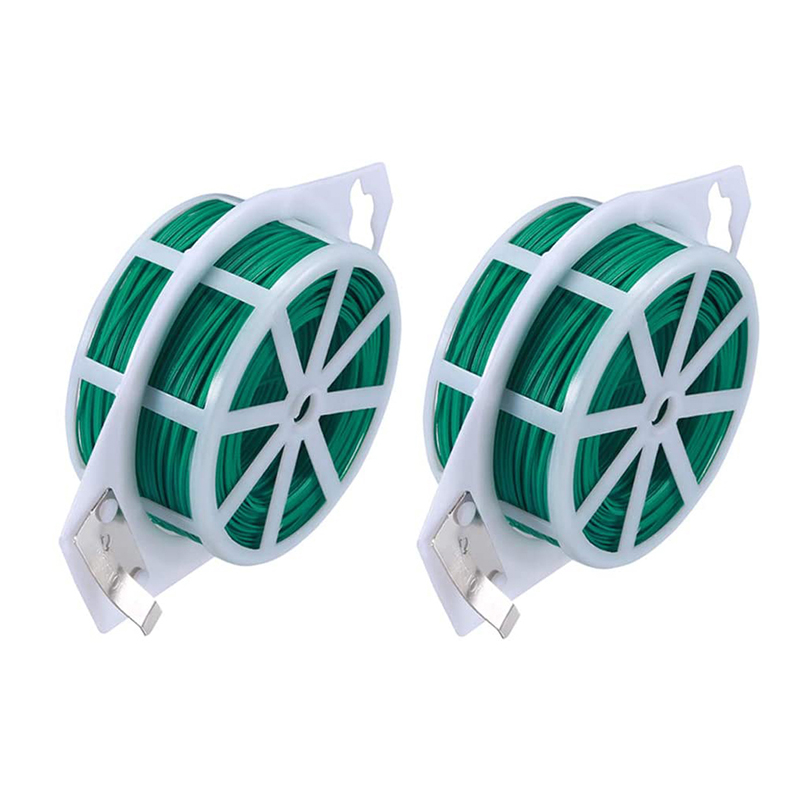
Garden Wire
Product information: The garden shingling is made of pvc plastic and high-quality galvanized iron wire, which is 3 to 4 times faster than any material, and the buckle is loose, the […]
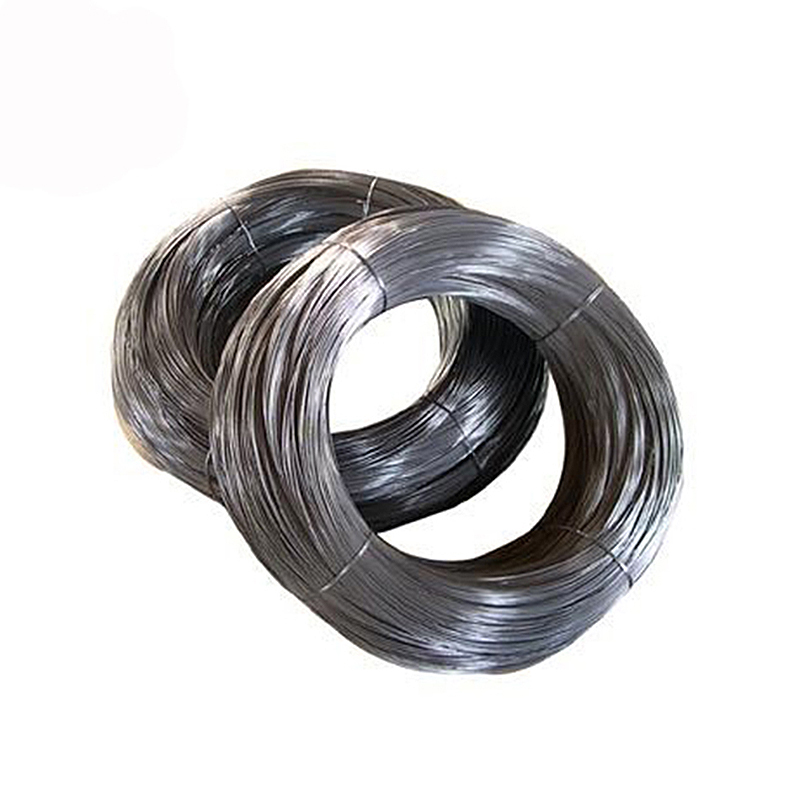
Galvanized Wire
Product information: Product Name Galvanized Wire Package 5kgs/roll, pp film inside and hassian cloth outside or pp woven bag outside 25kgs/roll, pp film inside and hassian […]
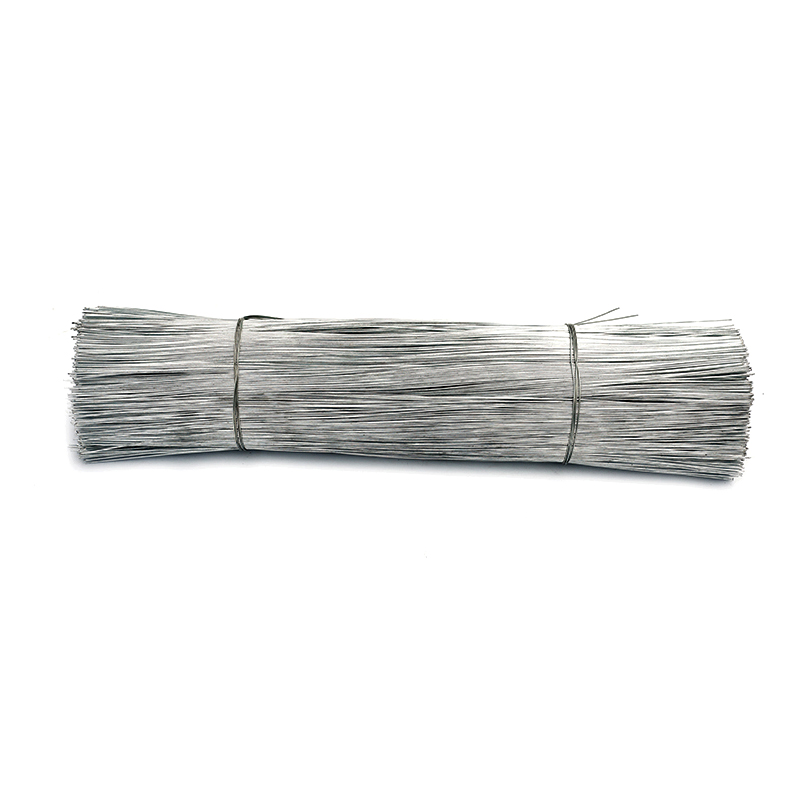
Cutting Wire
Product Description: Product Name Cutting Wire Zinc Coating 30-70g Place of Origin Chinese mainland Tensile Strength 33-50kg/mm2 Material Electro galvanizedHot dipped galvan […]
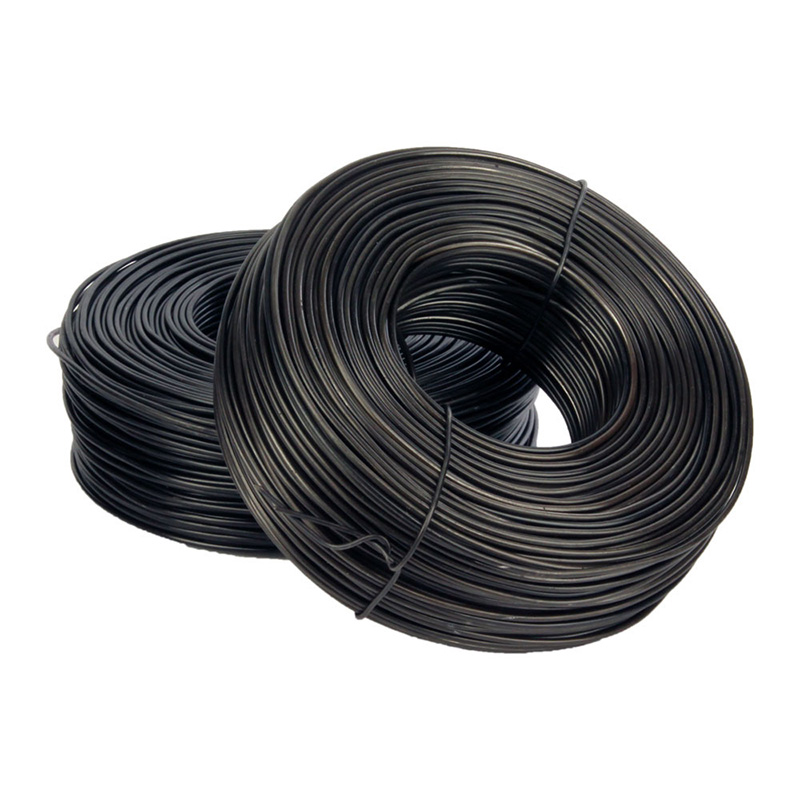
Tie Wire
Production Process of rebar tie wire : Steel rod coil — Wire Drawing — Wire Annealing–Rust Removing–Acid Washing– Boiling– Drying– Zinc Feeding– Wire Coiling. Wires Type 1.Galvaniz […]
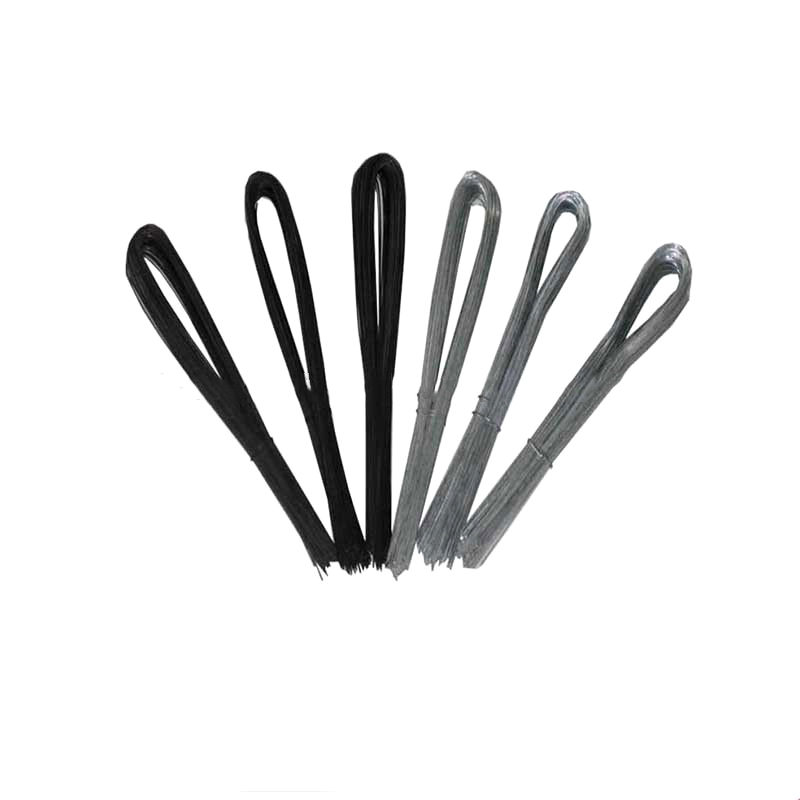
U Type Wire
Product information: Product Name Scaffolding Packing Galvanized Tie Wire Cuttings U Type Binding Wire Material Electro galvanized,hot dipped galvanized,black annealed,PVC coated W […]
Post time: 2023-08-10
